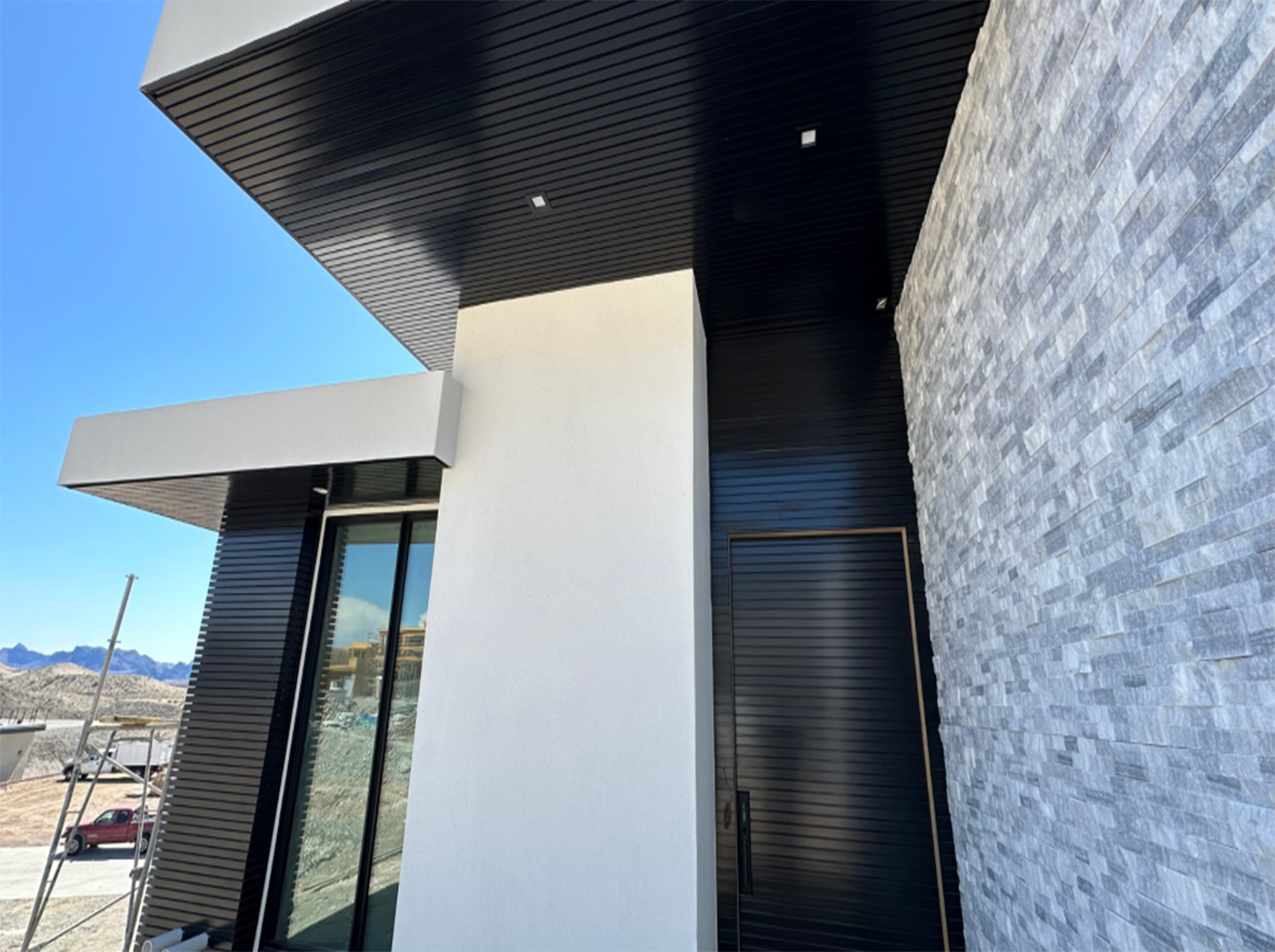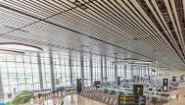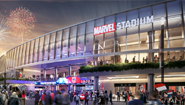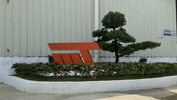Advantages of Aluminum Cladding for Buildings in Harsh Climates
Author:Jayminton Time:2024-08-13

aluminum Cladding offers significant benefits for buildings in harsh climates. It is highly durable and resistant to corrosion, even in environments with high humidity, salt exposure, or extreme temperatures. This resistance to rust and degradation means aluminum cladding requires minimal maintenance, which is a major advantage when regular upkeep can be difficult due to harsh weather conditions.
The material's lightweight nature reduces structural load and simplifies installation, potentially lowering overall construction costs. Additionally, modern aluminum cladding systems can incorporate insulating materials that enhance thermal efficiency, helping to regulate indoor temperatures and reduce energy consumption. This feature is particularly useful in climates with extreme temperatures, as it helps maintain a comfortable indoor environment.
Aluminum cladding is also highly versatile in terms of aesthetics, offering a range of finishes, colors, and textures to suit various design preferences. Its fire-resistant properties further enhance building safety in areas prone to fire hazards. Moreover, aluminum is recyclable, aligning with environmental sustainability goals. Properly coated, it resists UV damage, maintaining its appearance and functionality over time despite prolonged exposure to sunlight. Overall, aluminum cladding combines durability, low maintenance, and aesthetic flexibility, making it an excellent choice for buildings in challenging climates.
In addition to its practical benefits, aluminum cladding often includes insulating layers that enhance thermal performance, helping to maintain stable indoor temperatures and reduce energy costs. Its aesthetic versatility allows for a wide range of finishes and colors, fitting various architectural styles.
Safety is also a key advantage, as aluminum’s fire-resistant properties provide added protection in fire-prone areas. Environmentally, aluminum is recyclable and often made from recycled materials, supporting sustainability efforts. Moreover, it resists UV degradation, ensuring long-lasting performance despite exposure to sunlight.
Overall, aluminum cladding combines durability, efficiency, and flexibility, making it a top choice for buildings facing extreme weather conditions.

 S1 Clip-in Metal ceiling System
S1 Clip-in Metal ceiling System JMT-L4.2 U-Baffle System
JMT-L4.2 U-Baffle System JMT Aluminum Wall Cladding
JMT Aluminum Wall Cladding Aluminum Honeycomb Panel
Aluminum Honeycomb Panel Air-Condenser Cover
Air-Condenser Cover Metal Heat Cover
Metal Heat Cover Singapore Changi Airport T2 Arrival
Singapore Changi Airport T2 Arrival Australia Marvrl Stadium City Edge
Australia Marvrl Stadium City Edge Enterprise Information Announcement
Enterprise Information Announcement Construction Industry Solutions
Construction Industry Solutions About Jayminton
About Jayminton Contact US
Contact US